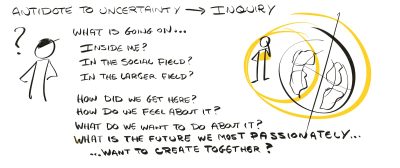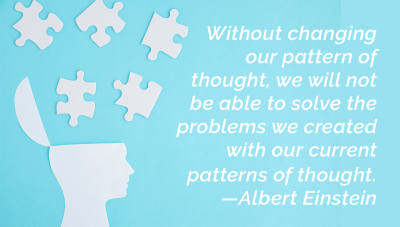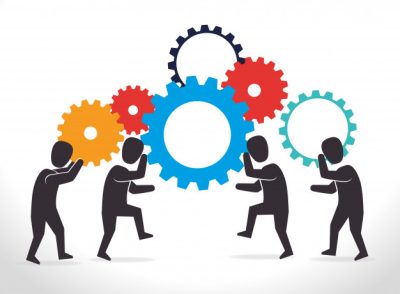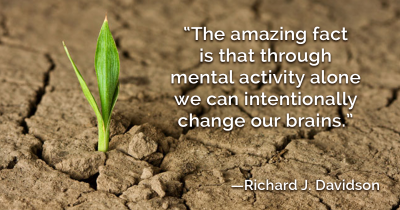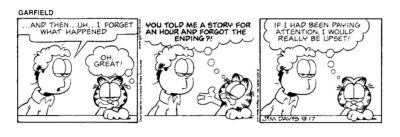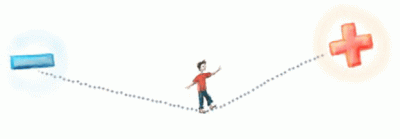An Antidote to Uncertainty
In a recent conversation with friends and colleagues in the United States and Europe, Marilee Adams, author of an insightful best-seller—“Change Your Questions, Change Your Life”—said, “The antidote to uncertainty is inquiry.” Since then, I have been reflecting on the truth of this observation. “Antidote” usually refers to a medicine to counteract a particular poison. Although uncertainty is not a poison, the discomfort we feel with uncertainty can become one. So, although I like the … Read more…

